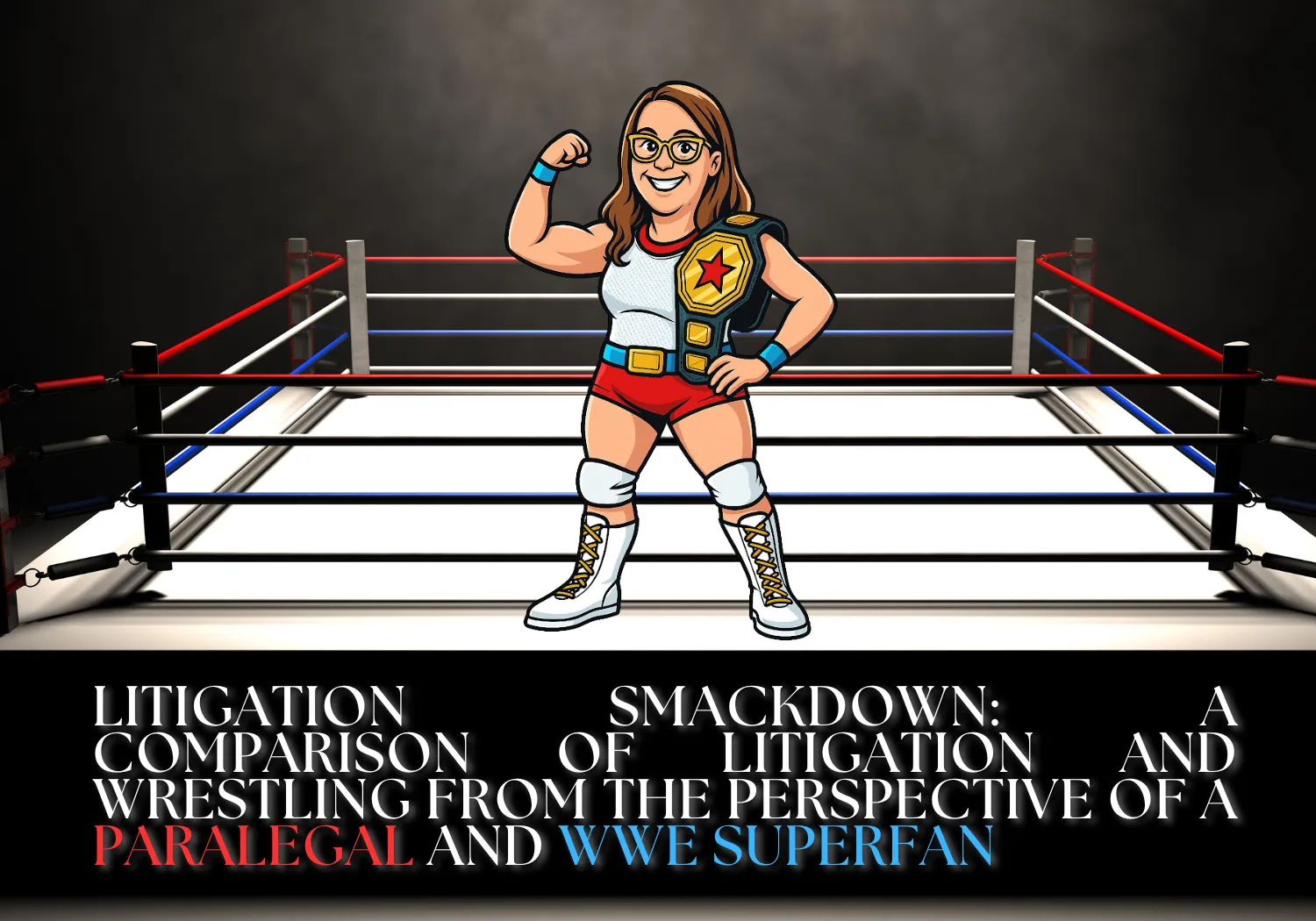Are Oral Contracts Enforceable?
Yes, oral contracts can be enforceable, but they often come with challenges, especially when it comes to proving their existence and terms. While many are familiar with written contracts, there is confusion around whether verbal agreements can hold up in court. Here's what you need to know about oral contracts.
Key Elements for Enforceability:
- Mutual Agreement: Both parties must have a clear understanding and acceptance of the contract's terms. This is often referred to as a "meeting of the minds."
- Offer and Acceptance: One party must make an offer, and the other must accept it clearly. Both parties should effectively communicate these intentions.
- Consideration: Something of value must be exchanged, such as money, goods, services, or promises. Without this, the contract may not be enforceable.
- Statute of Frauds: Certain contracts, by law, must be in writing to be enforceable, such as those involving real estate or contracts lasting over a year. However, not all oral contracts are invalid under this statute.
- Performance: If both parties have fulfilled their obligations under the oral contract, this can strengthen its enforceability, serving as evidence that a valid contract existed.
Proving an Oral Contract:
Oral contracts are harder to prove because there’s no written record. Courts will often rely on testimony from the parties involved and any supporting circumstantial evidence, such as emails, text messages, or payment records. This process can turn into a "he said, she said" scenario, where each party's memory and story may conflict.
Evidence to Strengthen an Oral Contract:
- Text messages, emails, and payment receipts can provide critical circumstantial evidence. These communications may show a summary of the agreement or at least confirm that a discussion took place.
- Payments via traceable methods like bank transfers or mobile apps can also support the existence of consideration. Cash payments are much more difficult to track, making enforcement more challenging.
Why Written Contracts Are Preferred:
Written contracts offer clarity and are easier to enforce. They provide a clear record of the terms and conditions, along with signatures to prove agreement. This is especially useful in court, where documentation eliminates the reliance on memory and circumstantial evidence.
Conclusion:
Oral contracts can be binding, but they carry more risks, especially when disputes arise. Whenever possible, it’s best to formalize agreements in writing, especially for significant transactions or long-term commitments. If you do enter into an oral contract, follow up with a written summary or confirmation via email or text to strengthen your position in case of future disputes.




